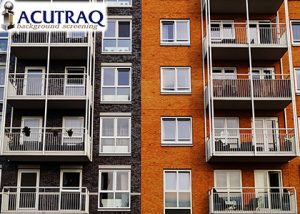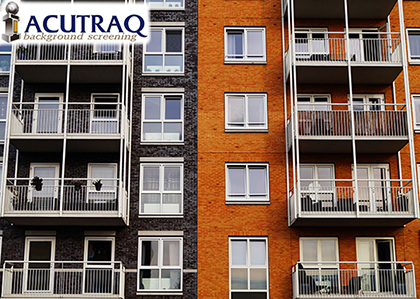Landlords that participate in the Department of Housing and Urban Development’s (HUD) Section 8 program must follow strict rules, especially when requesting a rent increase. There are many advantages for landlords of multifamily properties to participate in the Section 8 housing program. However, if you are already a part of this program or you are thinking of renting to Section 8 tenants in the future, be sure to educate yourself on the requirements for raising the rent.
What is Section 8?
HUD’s Housing Choice Voucher program is commonly known as Section 8 because it is included within the broader Section 8 program. The program assists low-income tenants by subsidizing a portion of their rental payments. This helps them to be able to afford housing that is safe and clean. Their rent is required to be limited to the Fair Market Rent which is set by HUD.
Tenants in the program will not be asked to pay over 30% or sometimes up to 40% of their income on their rent. The government will pay the landlord the additional money. Once the tenant lease expires, landlords are free to request a rent increase from the housing authority. But there are regulations the landlord must follow to request the increased monthly rent.
Landlords in the Section 8 program have several advantages:
- They can most likely expect reliable monthly rent payments. This is because tenants with Section 8 assistance must make timely rental payments. If they default on their payments, they risk losing their housing vouchers. This gives them a strong motivation for making payments.
- You can be listed for free on the HUD website to help tenants find low-income housing.
- You shouldn’t have any problems filling your units when you rent to Section 8 tenants. This program is in high demand and usually has a waiting list
What is the proper timing of Section 8 rent increases?
A landlord can request a rent increase once per year. It must not be during the initial lease period, which typically is for one year. Landlords must not increase rent without receiving permission from the housing authority. It is against federal law to try to collect rent from Section 8 tenants outside of the program.
Steps to follow when asking for a rent increase
- you must provide notice before a rental increase. The amount of notice will vary locally.
- The notice must be sent to the renter and to your local Section 8 office.
- If state laws require notice, the landlord must send an additional notice to the state authorities.
- You will need to certify that the rent you are charging for the Section 8 tenant is not higher than other comparable units in your multifamily property.
- You must wait to get approved by the local office before you can implement the rate increase.
What to include in the notice to raise tenants’ rent
Most local offices will have a form for landlords to complete. It should include the following information:
- The current tenant or head of the household.
- The full property address.
- The date you are mailing the notice.
- The current rent amount.
- The proposed rent amount. Include the actual amount, do not just list a percentage increase.
- The date that the new rent amount will become effective.
How does HUD determine if a rate increase is valid?
- They review your rent increase to see if it is comparable to units in your local area.
- They may not approve of the full increase, but they may propose a smaller increase than your proposed amount.
- If approved, they will send both you and the tenant a notice of the rate increase.
- If the change of rate is denied, they will send the landlord a notice of the denial.
The requirements for raising the rent in Section 8 housing are pretty straightforward. However, landlords need to be sure they are carefully following the rules and regulations before they implement any rate increases. Failure to do so can cost them the loss of their government funding.
For More information like this visit our Website and Click Here for Free Tenant Screening




